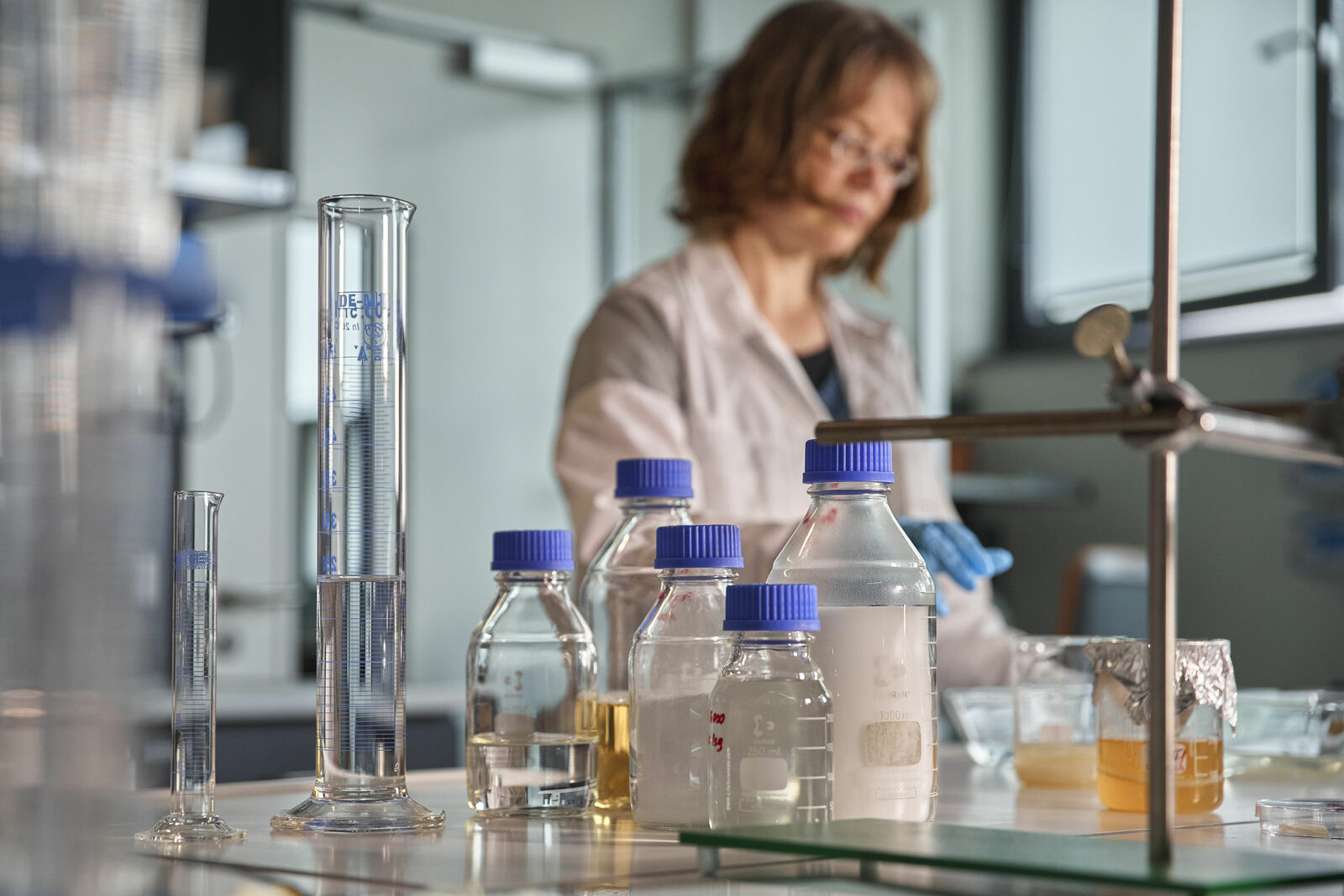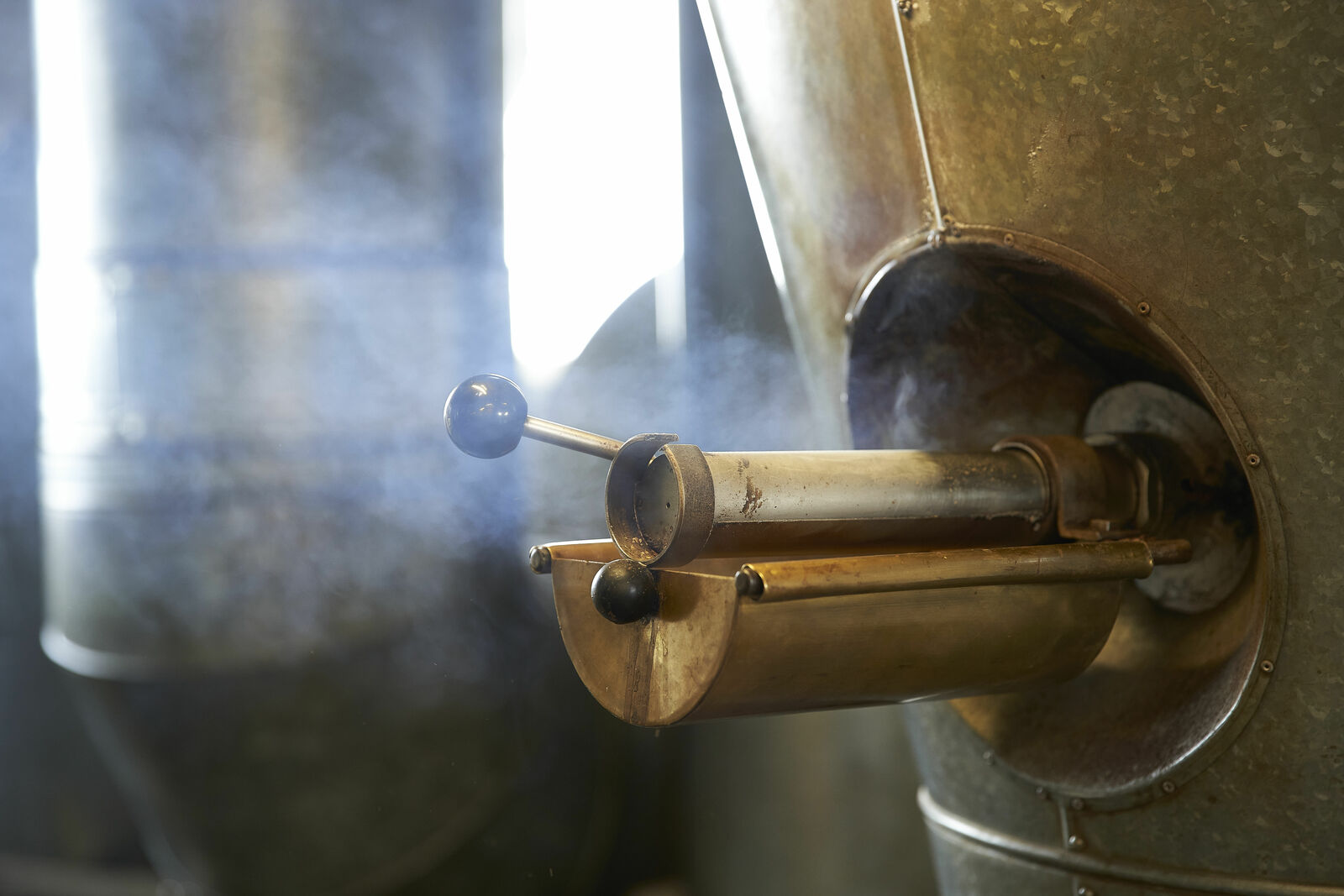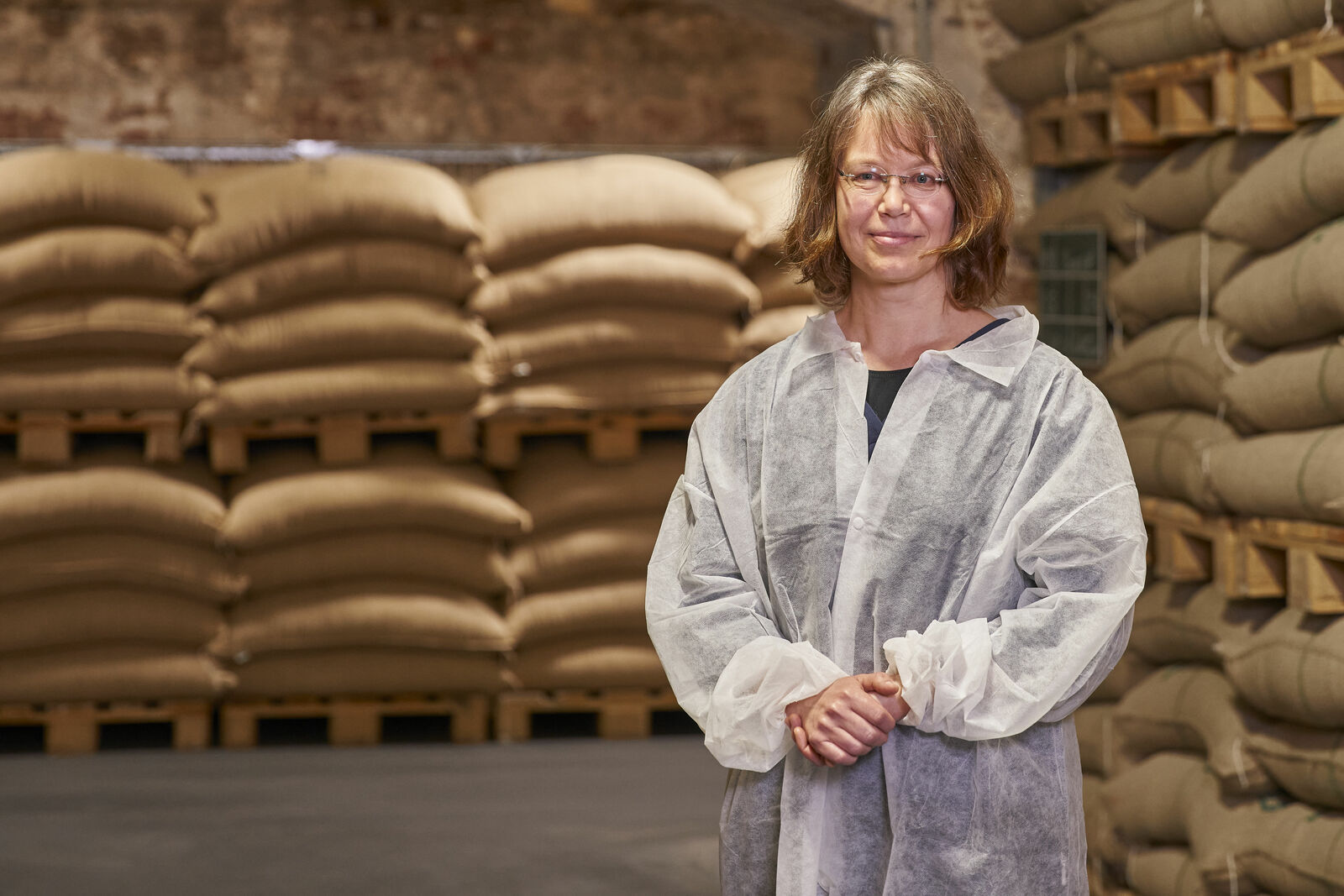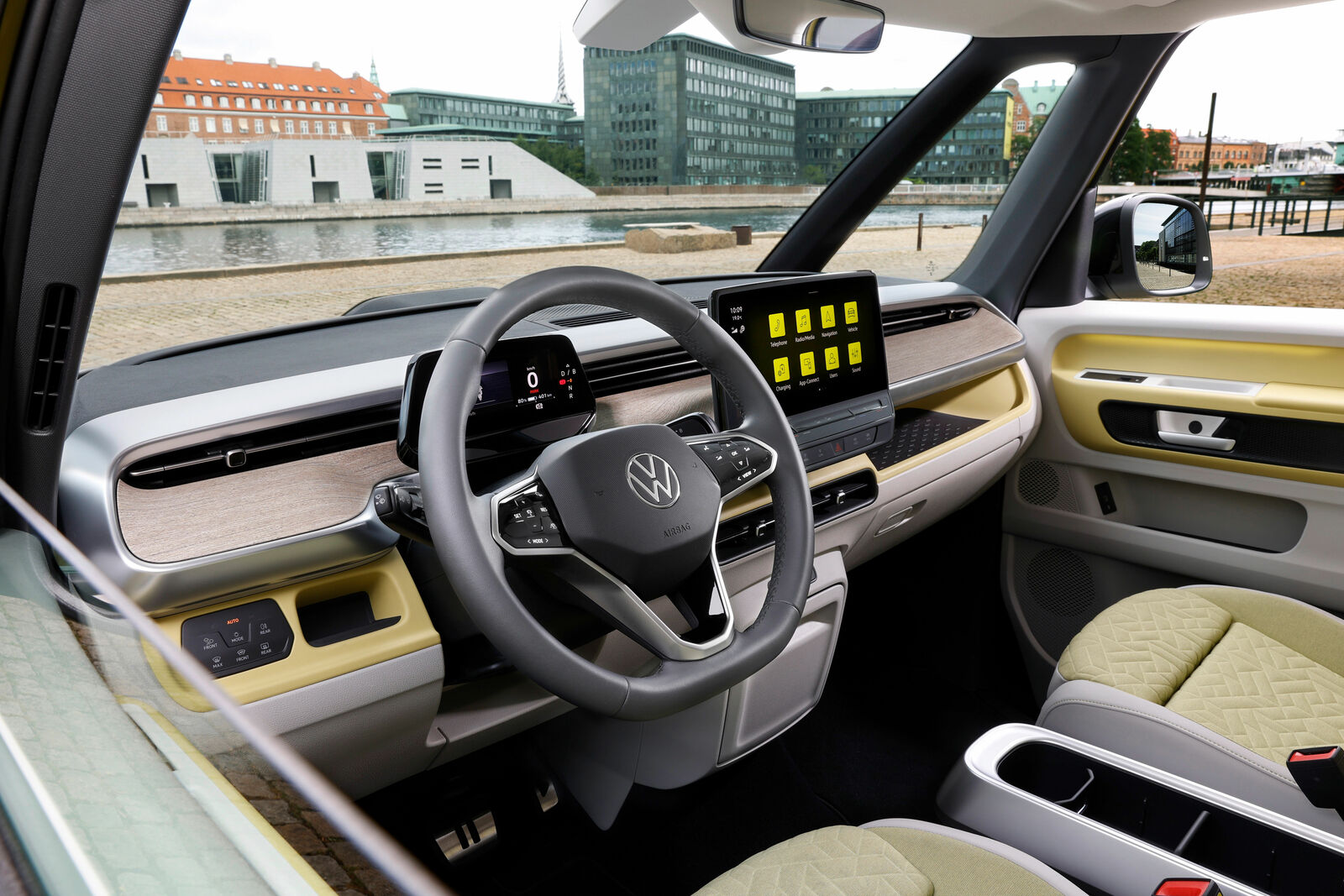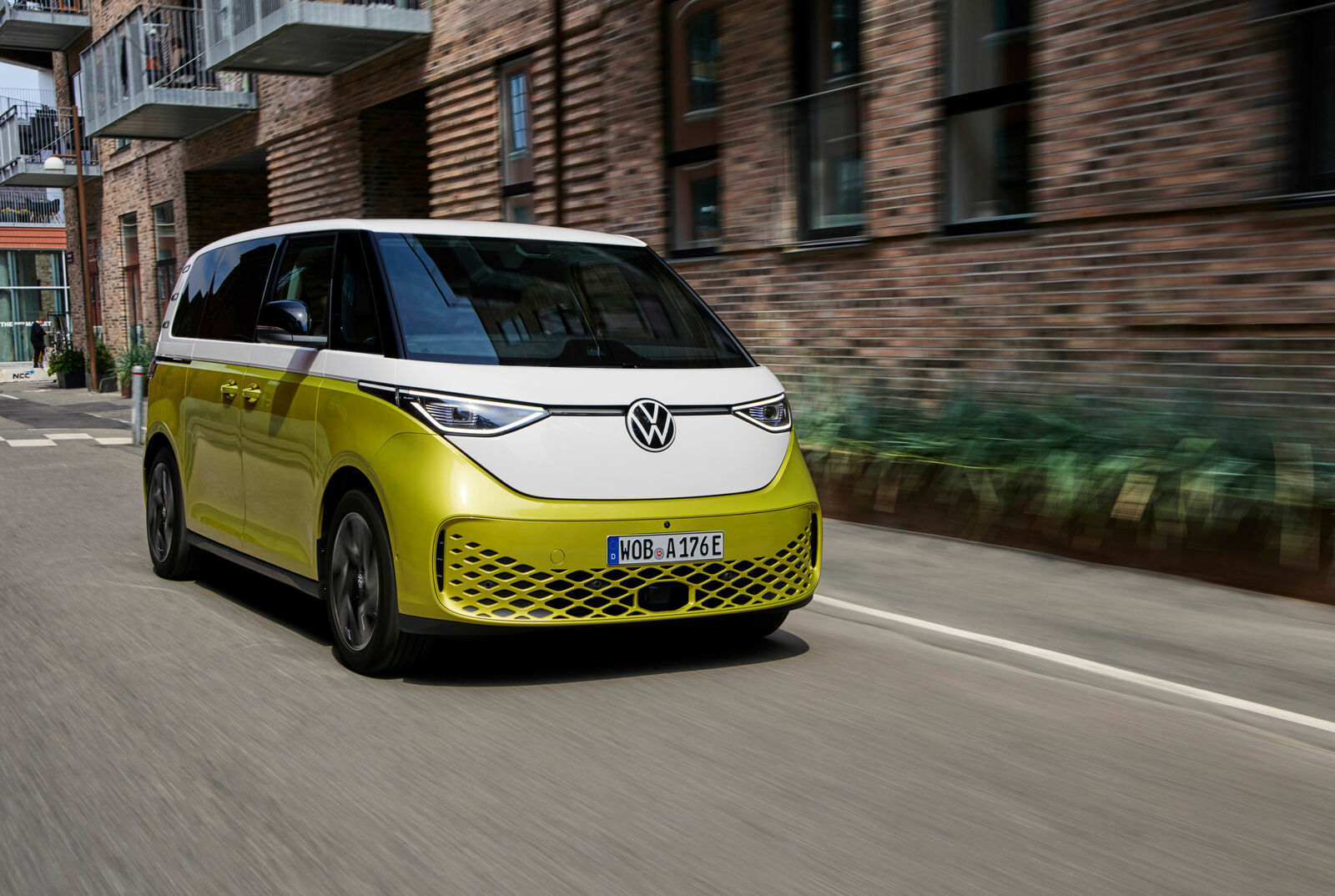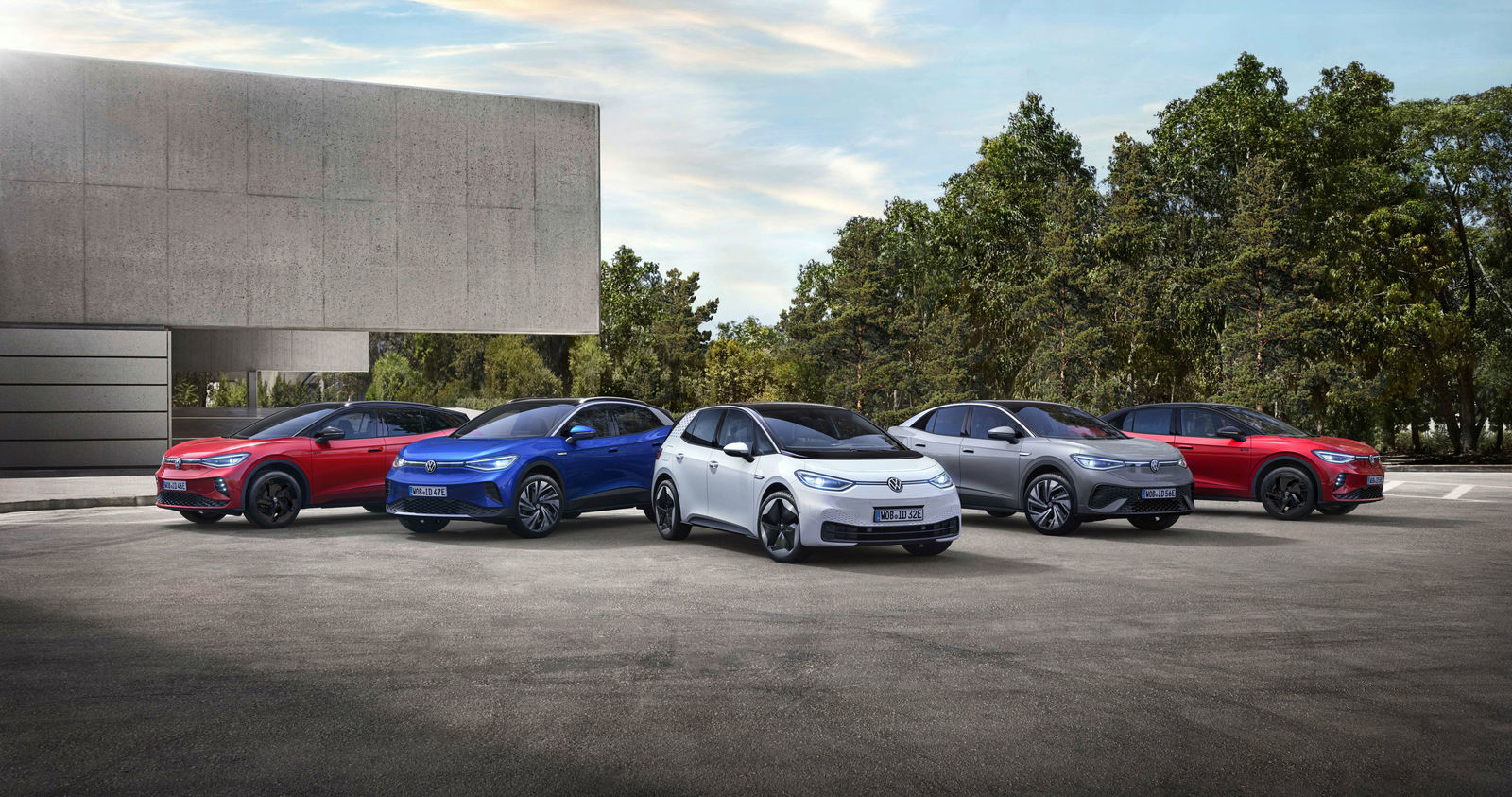The well-established and often only alternative to date was imitation leather, which is predominantly based on plastics made of mineral oil, such as polyurethane or PVC. So, during a brainstorming session held by the team for biomaterials at Volkswagen Group Innovation, the idea of coffee leather was formed, since when the beans are roasted, the silver skin surrounding the coffee bean ends up being a residual material. The silver skins are a perfect filler for imitation leather. The substance builds up dried, and in a format very well suited for further processing.
The non-animal imitation leather with its high proportion of biological materials could soon be used for car seats and arm rests in prototypes. “There is huge potential, and this could be one of the next steps for further optimising the ecological footprint of our ID. electric fleet,” says Dr. Martina Gottschling, a Volkswagen Group Innovation researcher.
